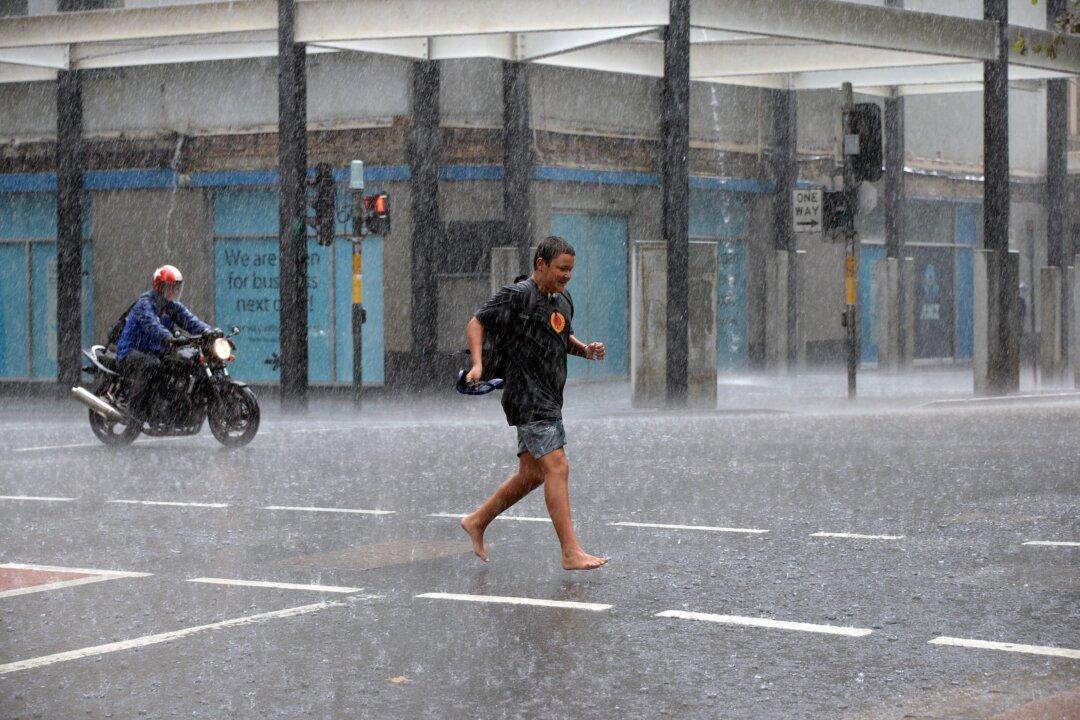A month’s worth of rain in 16 hours over Sydney has led to commuter chaos, flight cancellations and evacuation warnings.
Flash and riverine flooding was also felt in regional areas as a slow-moving upper-level low drenched central NSW on April 4.

A month’s worth of rain in 16 hours over Sydney has led to commuter chaos, flight cancellations and evacuation warnings.
Flash and riverine flooding was also felt in regional areas as a slow-moving upper-level low drenched central NSW on April 4.